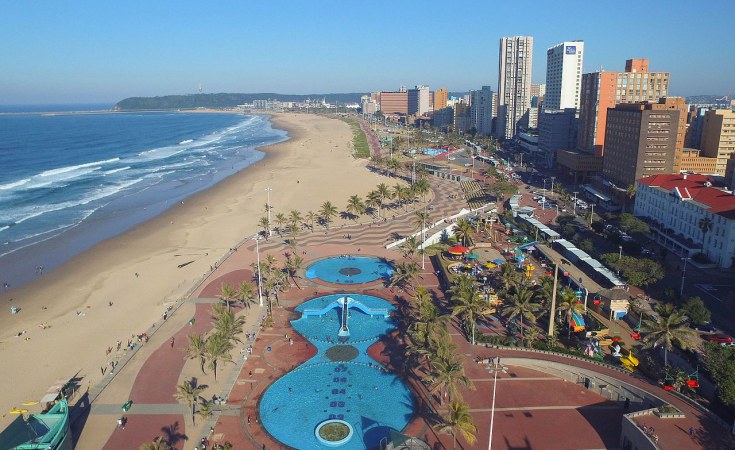After heavy rains in Durban, recent tests by the eThekwini Municipality and its partners, Adopt-a-River and Talbot, revealed alarming E. coli levels almost 10 times higher than the safety limit at six beaches along the coastline, reports IOL.
These levels exceeded safety thresholds, prompting the closure of beaches from Ushaka in the south to Country Club Beach in the north. The excessive bacteria, primarily from fecal matter, likely stemmed from pollution entering the ocean via multiple rivers and streams, notably the Umgeni River meeting the ocean in the northern parts. Infrastructure damage during the 2022 flood worsened the situation, necessitating ongoing testing to safeguard residents.
Informal settlements lacking proper sanitation near rivers exacerbate the problem. Exposure to high E. coli levels can cause symptoms like stomach cramps, diarrhea, and vomiting.
The municipality underscored the link between heavy rainfall, pollution from various sources, and the compromised water quality, necessitating continued monitoring and beach closures until the situation improves.


